Semantic Web
Here are some recent research projects that are related to my research focus in the Semantic Web area. All my NIH projects are related to intelligent and semi-automatic knowledge acquisition, representation, and reasoning with large-scale data such as biomedical and chemical data. A series of NIH projects startet in 2008 with BAO (BioAssay Ontology), LIFE, RegenBase, and sub-projects from the large BD2K grant run by Dr. Schuerer from CCS.
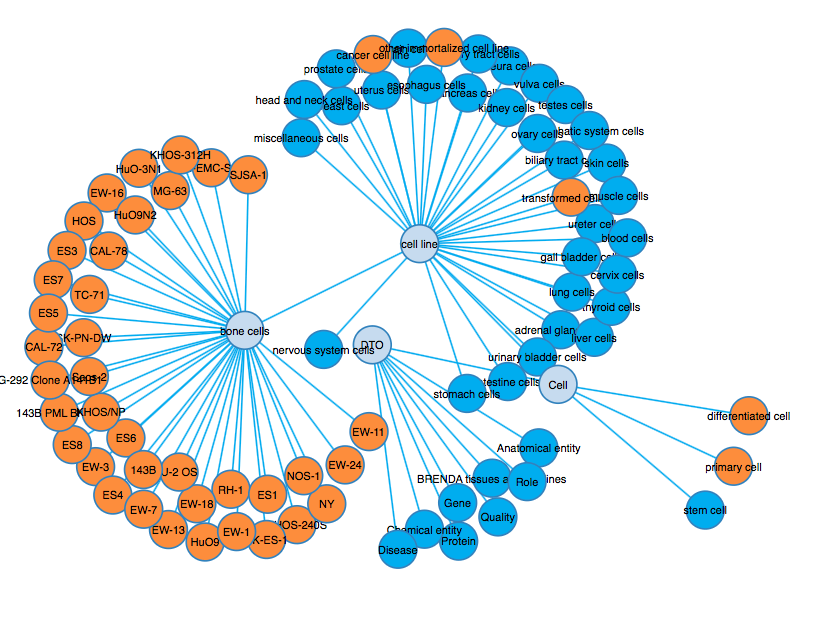 | Interactive visualization of our Drug Target Ontology (DTO). This is a separate project combining Semantic Web technology, complex domain knowledge and the D3 library for an interactive web page. Programmed by Jianbin Duan. More details here. |
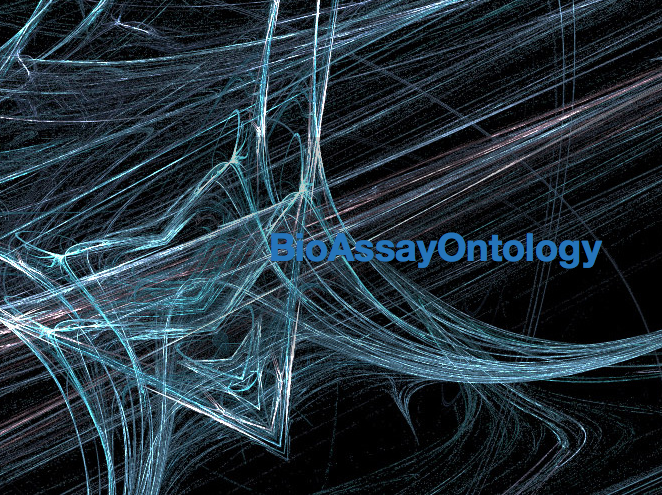 | The BioAssay Ontology (BAO) describes chemical biology screening assays and their results including high-throughput screening (HTS) data for the purpose of categorizing assays and data analysis. |
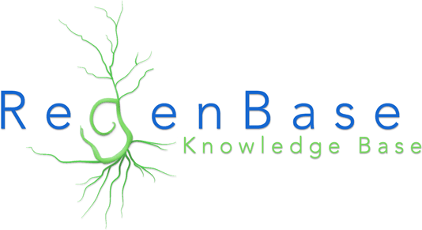 | RegenBase is a research project that applies informatics tools and methods to organize and interrogate experimental data generated by spinal cord injury (SCI) research, with the ultimate goal of translating SCI experimental findings in model organisms into human therapies. More detaills here. |
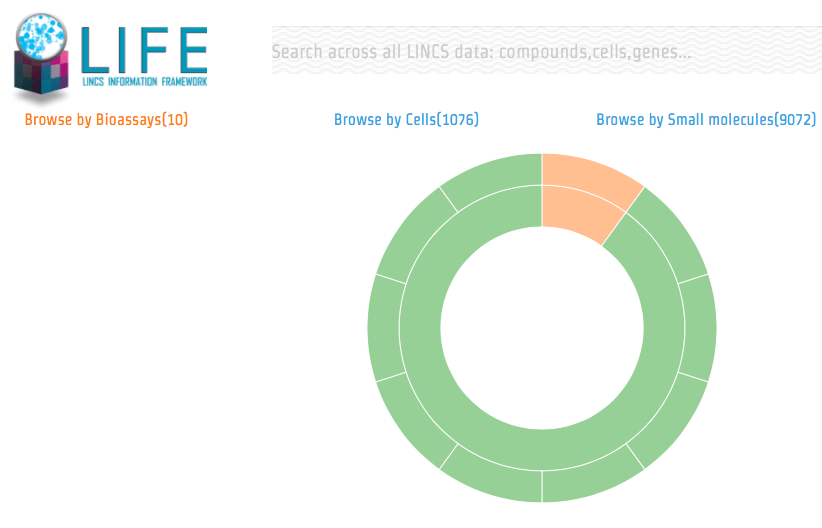 | The LIFE search engine integrates all LINCS content leveraging a semantic knowledge model and common LINCS metadata standards. LIFE makes LINCS content discoverable and includes aggregate results linked to the Harvard Medical School and Broad Institute and other LINCS centers, who provide more information including experimental conditions and raw data. More details here. |
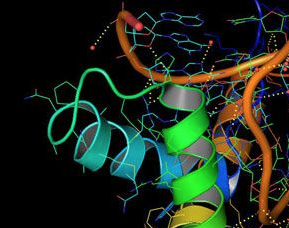 | A team of University of Miami researchers is part of a trio of institutions that have been awarded a $20 million grant from the National Institutes of Health to create a Center to integrate and analyze large and diverse datasets of cellular signatures as part of the Big Data to Knowledge (BD2K) initiative. The award, of which there is only one in the nation, is to create a Data Coordination and Integration Center for the Library of Integrated Network-based Cellular Signatures (LINCS) program, which is a large-scale effort to study the molecular underpinnings of disease compared with healthy cellular programming. More details here. |